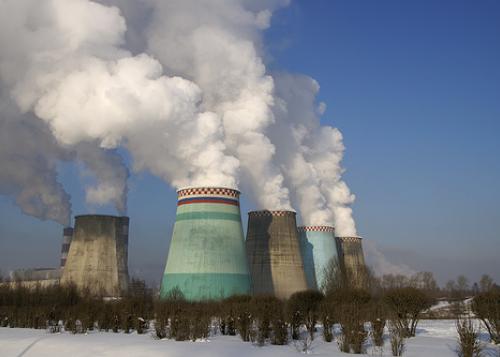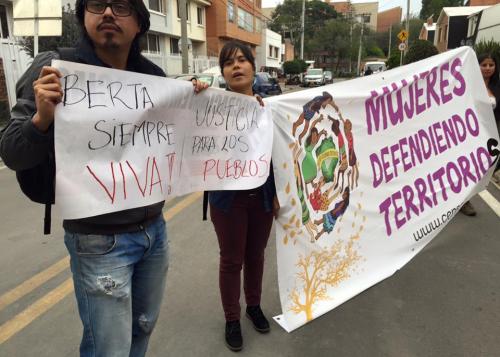- Home
- About Us
- Issues
- Countries
- Rapid Response Network
- Young Adults
- Get Involved
- Calendar
- Donate
- Blog
You are here
Environmental Human Rights
Description: Throughout Central America and Colombia, peasants along with fishing and other traditional communities have been on their lands for centuries. These communities have the right to not be displaced. Today, many corporations (multinationals with domestic partners and funding from international financial institutions, such as the World Bank) are taking over vast tracks of land. The interest in these lands is rooted in the potential to use them for: hydro-electric dams, mega highways, rails, and industrial agriculture. Another appeal is the precious resources hidden beneath the surface of the land: gold, copper, coal, silver, and oil.
Because land is often held under community title by indigenous or Afro-descendant communities, it has become common for corporations to hire private security forces (e.g., paramilitaries) to coerce people to abandon their land than to negotiate sale or mineral rights. The communities that resist corporate-sponsored “development” projects are often under attack. Protecting the land and water is intimately tied to defending and promoting human rights in these countries. Communal land rights are at stake as well as the preservation of distinct cultures of indigenous and Afro-descendant communities. As long as forced displacement continues, long held traditions in these communities will disappear.
Vision: IRTF envisions a world where local communities (particularly indigenous and Afro-descendant) are able to assert their right to communal lands and self-determination, especially when outsiders try to impose infrastructure or development projects. Communities are able to define the kind of development they want: economically and environmentally sustainable while maintaining cultural integrity. Their autonomy is respected by governments and corporations. The modern economic view of natural resources as something to be exploited for the sake of development or profit has been replaced with an ethic of people over profit.
To stand with communities (particularly indigenous and Afro-descendant) as they resist exploitation to preserve their lands and resources from profiteering.
We stand with all those who feel the effects of the climate crisis, a crisis which was caused by capitalist colonialism and which preys especially on poor, Black, and Indigenous communities of color in Latin America.



